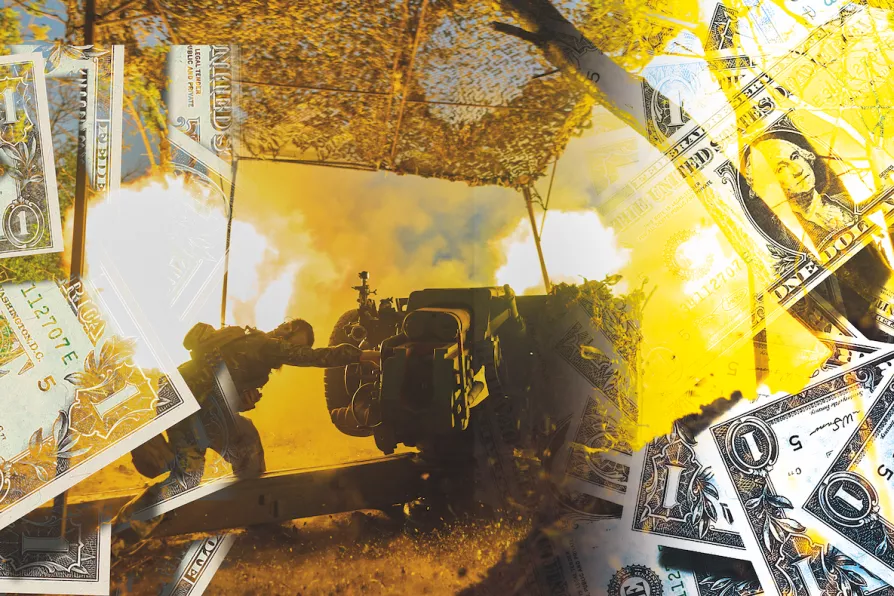Does widespread and uncontrolled use of AI change our relationship with scientific meaning? Or with each other? ask ROX MIDDLETON, LIAM SHAW and MIRIAM GAUNTLETT


ONCE we grasp the connection between a decade or more of ever-rising levels of corporate profits (and the enormous bonuses and remuneration packages which inevitably accompany corporate power and ownership) and the year-on-year decline in the purchasing power of our wages, the systemic nature of Britain’s crisis becomes clear.
The dual character of British capitalism — simultaneously a key player in the global imperialist system engaged in the extraction of super-profits from the labour of millions both at home and abroad — emerges.
Supranational entities like the European Union, the European Central Bank, the International Monetary Fund and the World Bank appear as part of the natural order and only bit by bit does it emerge that these are the superstructural elements that police this system of super-exploitation.

Speaking to a CND meeting in Cambridge this week, SIMON BRIGNELL traced how the alliance’s anti-communist machinery broke unions, diverted vital funds from public services, and turned workers into cannon fodder for profit












